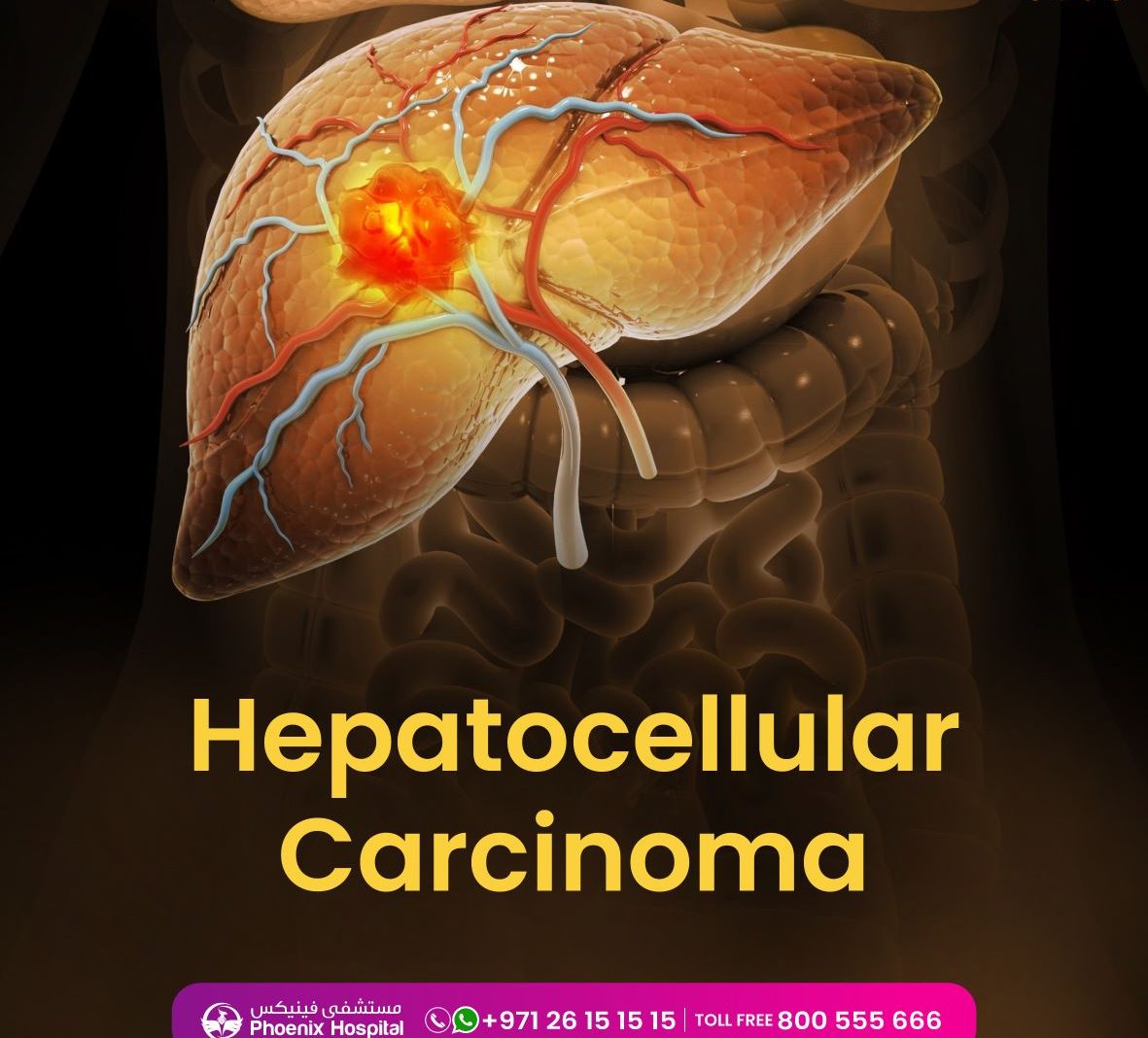
HCC – Hepatocellular Carcinoma, Symptoms, Treatments
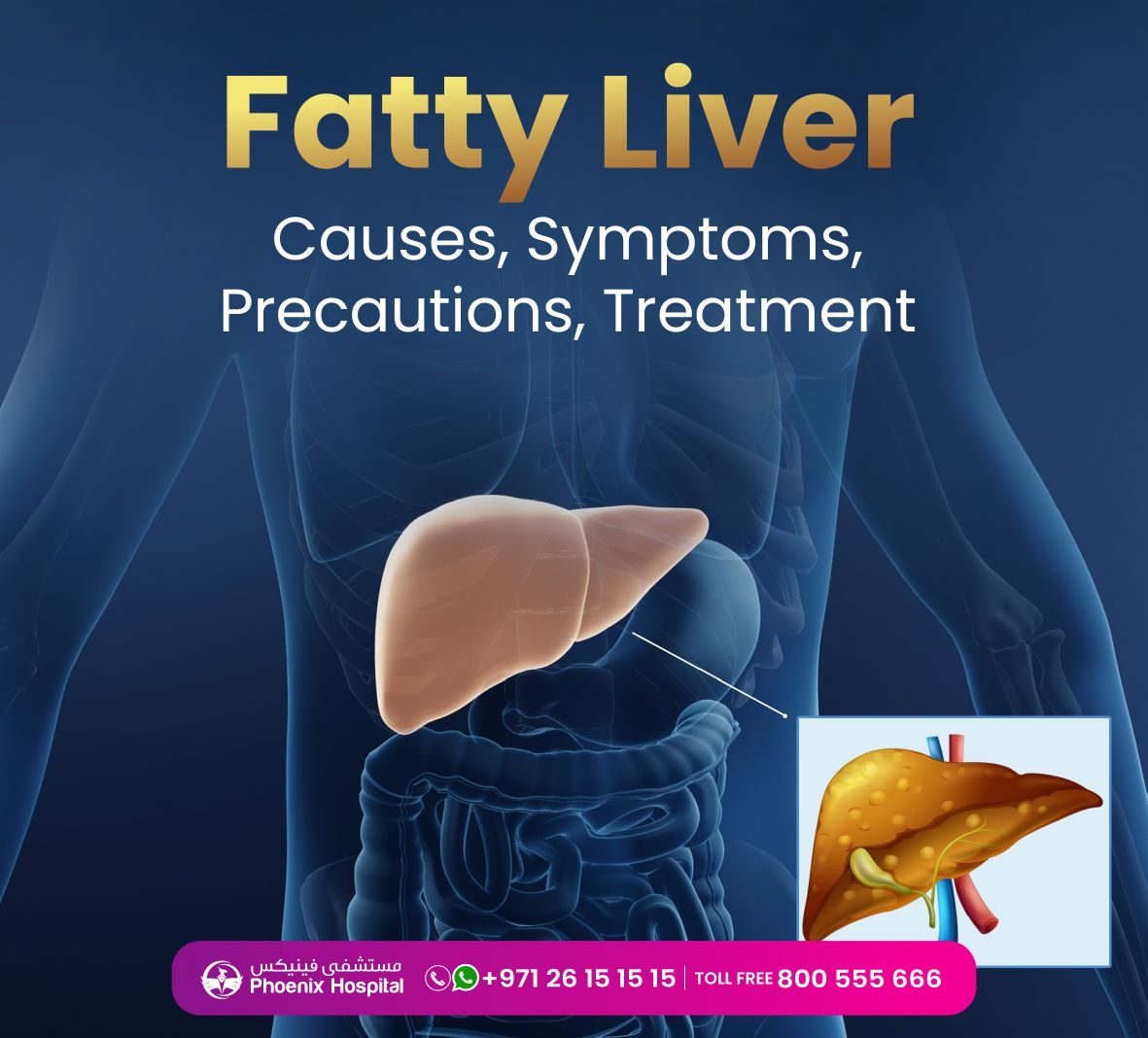
Fatty liver – symptoms, causes, and digestion
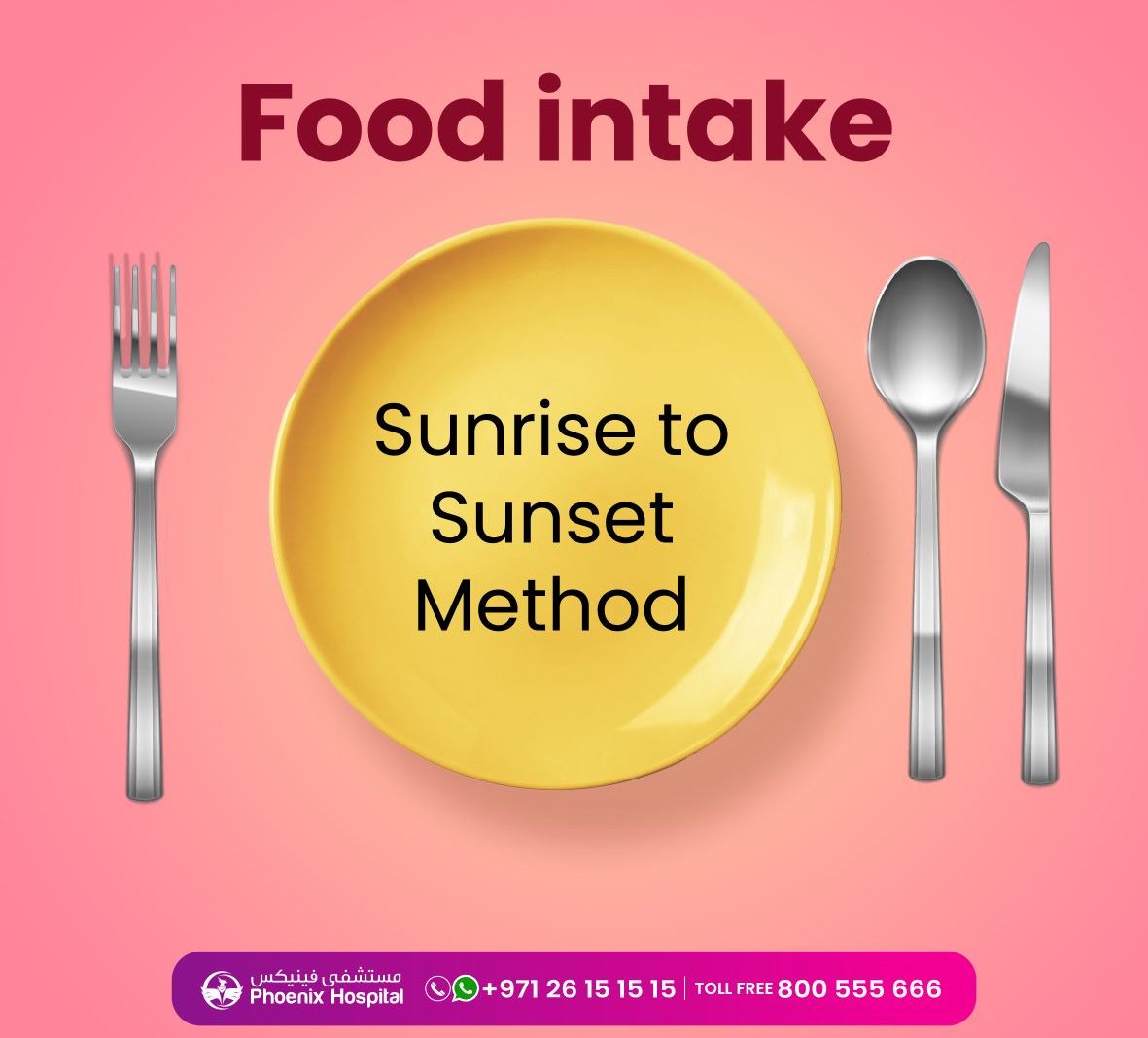
Is Sunset to Sunrise Method Proven for Weight loss
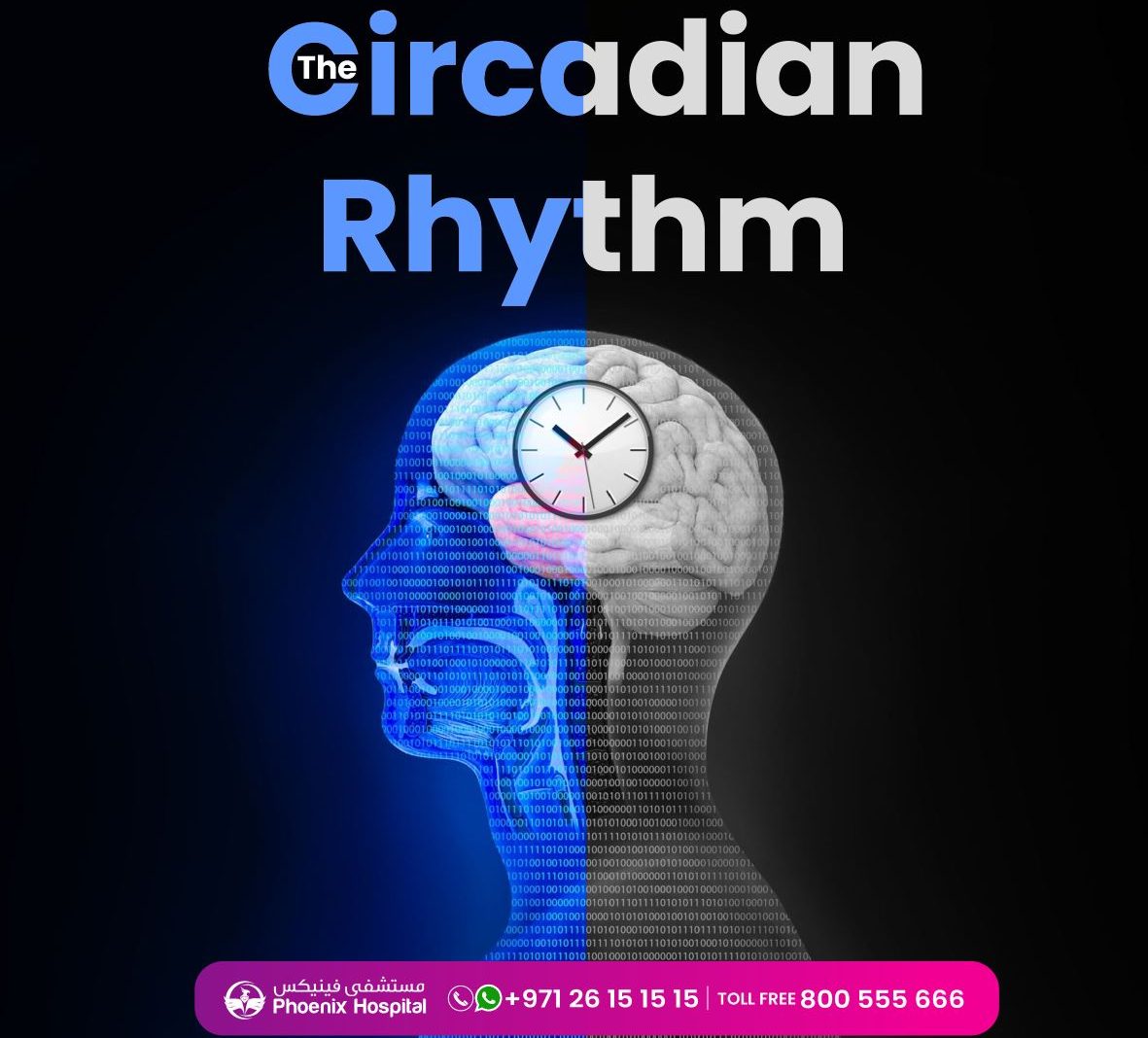
Circadian Rhythm and Its Influence on Our Eating Habits
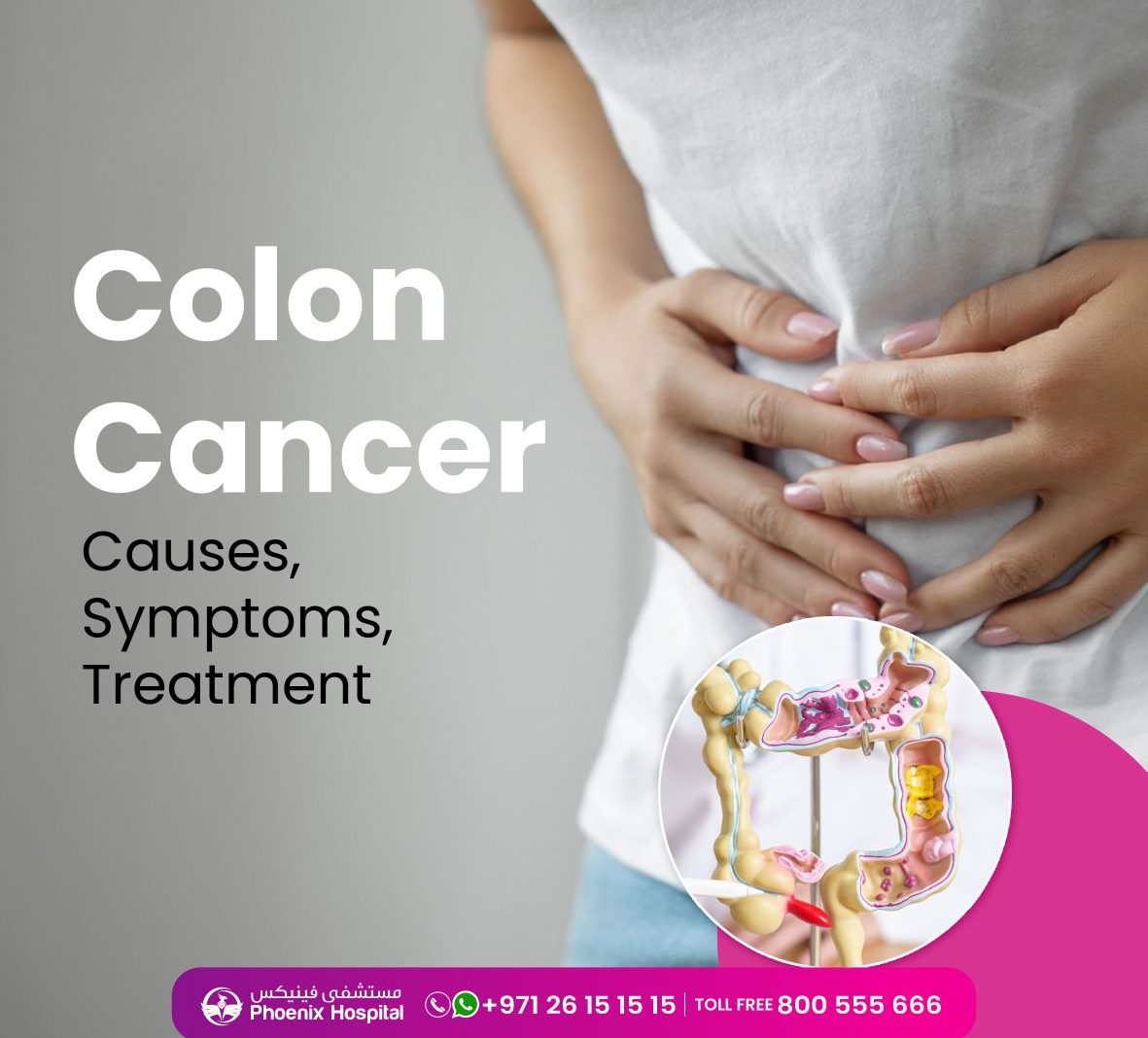
Colon Cancer – Symptoms, Causes, & Treatment
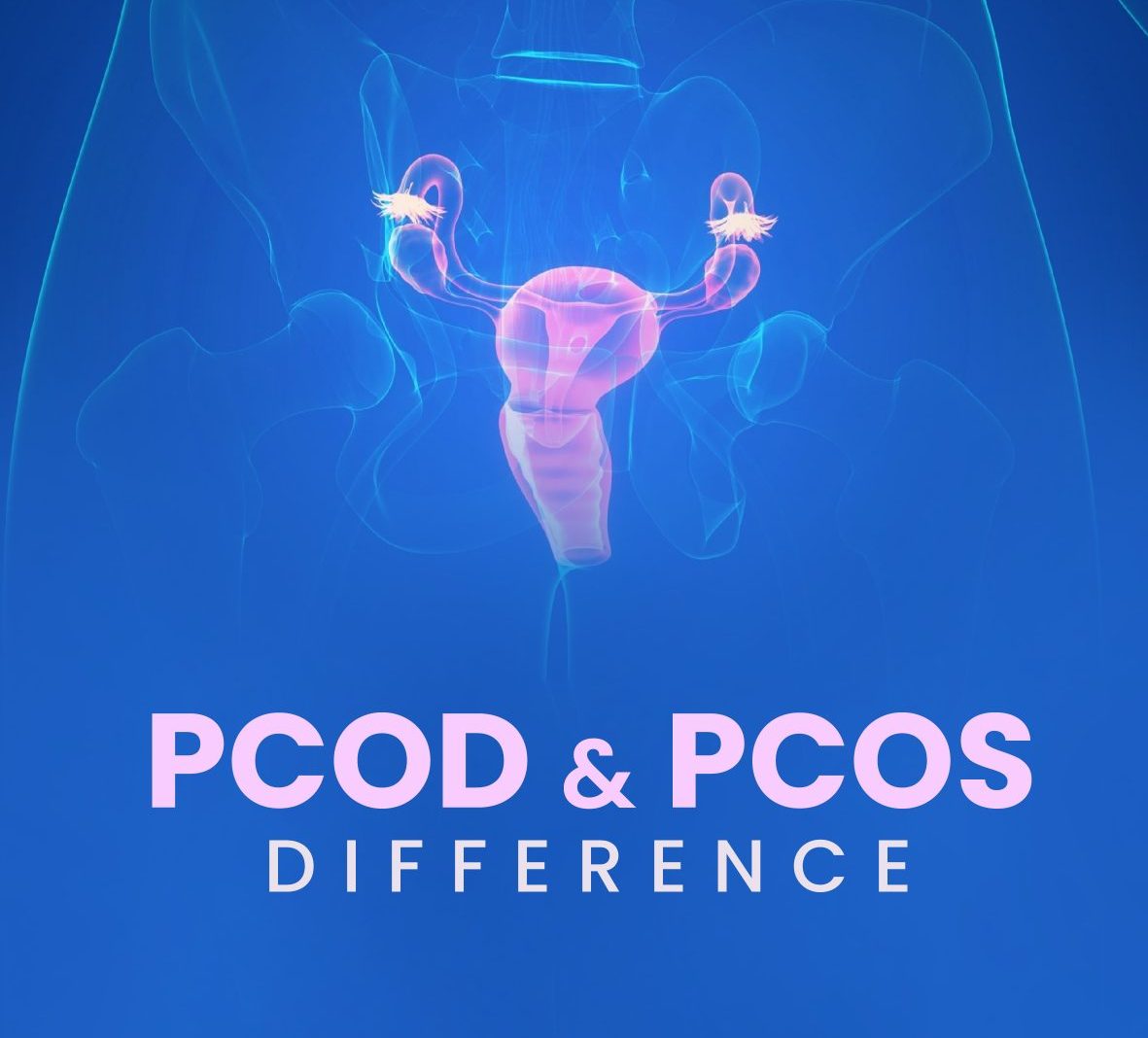
PCOD: Polycystic Ovarian Disease
Polycystic ovarian disease (PCOD), also known as polycystic ovaries (PCO), is a condition characterized by the presence of multiple cysts on the ovaries. It is primarily an ovarian condition that can disrupt the normal hormonal balance. PCOD is often associated with an irregular menstrual cycle, excessive hair growth, acne, and obesity. It is typically diagnosed through ultrasound imaging, which reveals the presence of cysts on the ovaries.
PCOS: Polycystic Ovary Syndrome
Polycystic ovary syndrome (PCOS) is a more complex disorder that involves not only the ovaries but also the hormonal and metabolic systems of the body. PCOS is characterized by the presence of multiple cysts on the ovaries, irregular periods, elevated levels of androgen hormones (such as testosterone), and insulin resistance. It is a systemic condition that affects various aspects of a woman’s health, including fertility, weight management, and cardiovascular health.
Causes of PCOD and PCOS:
The exact causes of PCOD and PCOS are not fully understood, but they are believed to involve a combination of genetic, hormonal, and lifestyle factors. Some of the potential causes include:
Symptoms of PCOD & PCOS
If you have all these symptoms or one of these symptoms you should consult the health care professional for better treatment and medical advice.
Treatment
While there is no cure for PCOD and PCOS, several treatment options can help manage the symptoms and improve overall well-being. The treatment approach may vary depending on the individual’s specific symptoms and goals. Some common treatment options include:
Can women get pregnant, who are diagnosed with PCOD and PCOS?
Yes, women with PCOD can get pregnant and complete pregnancy, better need regular follow-up consultations to avoid future complications.
But in the case of PCOS, you can get pregnant, need to maintain a certain weight, and have regular checkups to prevent miscarriage.
PCOS and PCOD are controllable and curable to an extent, but ignoring the symptoms can cause pregnancy issues in the future and other health issues, better consult a gynecologist, a dietitian and get a tailored treatment plan for you.
“In Phoenix Hospital, our team of professional doctors and staffs are ready to help and deliver you the best possible care. It’s always good to take a second opinion, Our experienced doctors are willing to help you with your healthcare decisions. You can get in touch with us by clicking contact
You can also Schedule an appointment with our doctors through Book an Appointment”